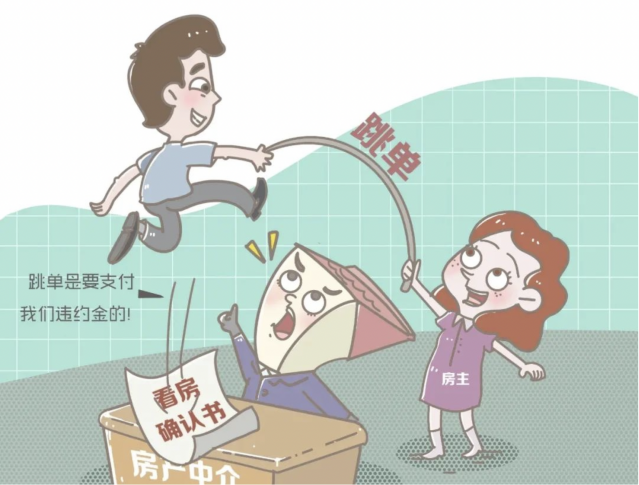Intermediaries are active in our daily lives, such as renting and buying houses. However, it is quite common to obtain information through intermediaries and then directly reach a transaction privately. This behavior is known as "jumping orders", also known as "jumping intermediaries". The frequent occurrence of this phenomenon is due to the client's pursuit of economic interests, the difficulty in implementing intermediary related legal systems, and the contradictions that are difficult to reconcile in real interpersonal relationships.

The Civil Code of the People's Republic of China (hereinafter referred to as the "Civil Code"), which came into effect on January 1, 2021, has made new provisions for such "skip orders" behavior. Article 965 of the Civil Code stipulates that if the principal, after receiving the services of an intermediary, uses the trading opportunities or intermediary services provided by the intermediary to bypass the intermediary and directly enter into a contract, they shall pay remuneration to the intermediary. This regulation is another claim basis for intermediaries who have been "skipped" to protect their own rights and interests. Prior to the promulgation of the Civil Code, the basis for the right to claim for intermediary rights was more based on breach clauses between the parties.
How to identify 'skip orders'?
According to this regulation, there are two criteria for determining the behavior of "skipping orders".
One is that the principal has accepted the services of the intermediary. In other words, it refers to the formation of an intermediary contract between the two parties. It is worth noting that when judging whether an intermediary relationship is formed or not, it is necessary to have a penetrating thinking, that is, to combine the rights and obligations in the specific terms of the contract to make judgments, and not deny substantive intermediary contracts due to different contract names. Taking the intermediary relationship for buying a house as an example, its core content is that the intermediary company provides information on buying and selling houses to the principal and provides intermediary services. Such legal relationships should be recognized and handled in accordance with the relevant legal provisions on intermediary contracts in the Civil Code.

The second is that the principal utilizes the information opportunities or media services provided by the intermediary. The key to constituting a "skip order" behavior is also to determine whether the principal has used the service provided by the intermediary to enter into a contract. In the complex commercial market, principals, intermediary companies, and one party of the property supply not only send transaction information to one counterparty, but this is the crux of determining whether the relevant behavior constitutes a "jump order" behavior.
However, clarifying the manifestations of "jumping orders" behavior will also help to correctly determine the relevant behaviors. There are three forms of expression: firstly, the principal directly uses the information or services provided by the intermediary to enter into a contract with the other party to the contract; The second is that the principal utilizes the information or services provided by the intermediary and enters into a contract with the counterparty through other intermediaries; The third is that the principal informs others of the information or services provided by the intermediary and enters into a contract with the other party in the name of the other party.

Under the dual protection of breach of contract liability and legal liability, the protection system for intermediary rights and interests has become increasingly perfect, which has led to the discouraging of potential violations of the spirit of the contract. This will be conducive to promoting the integrity of society.